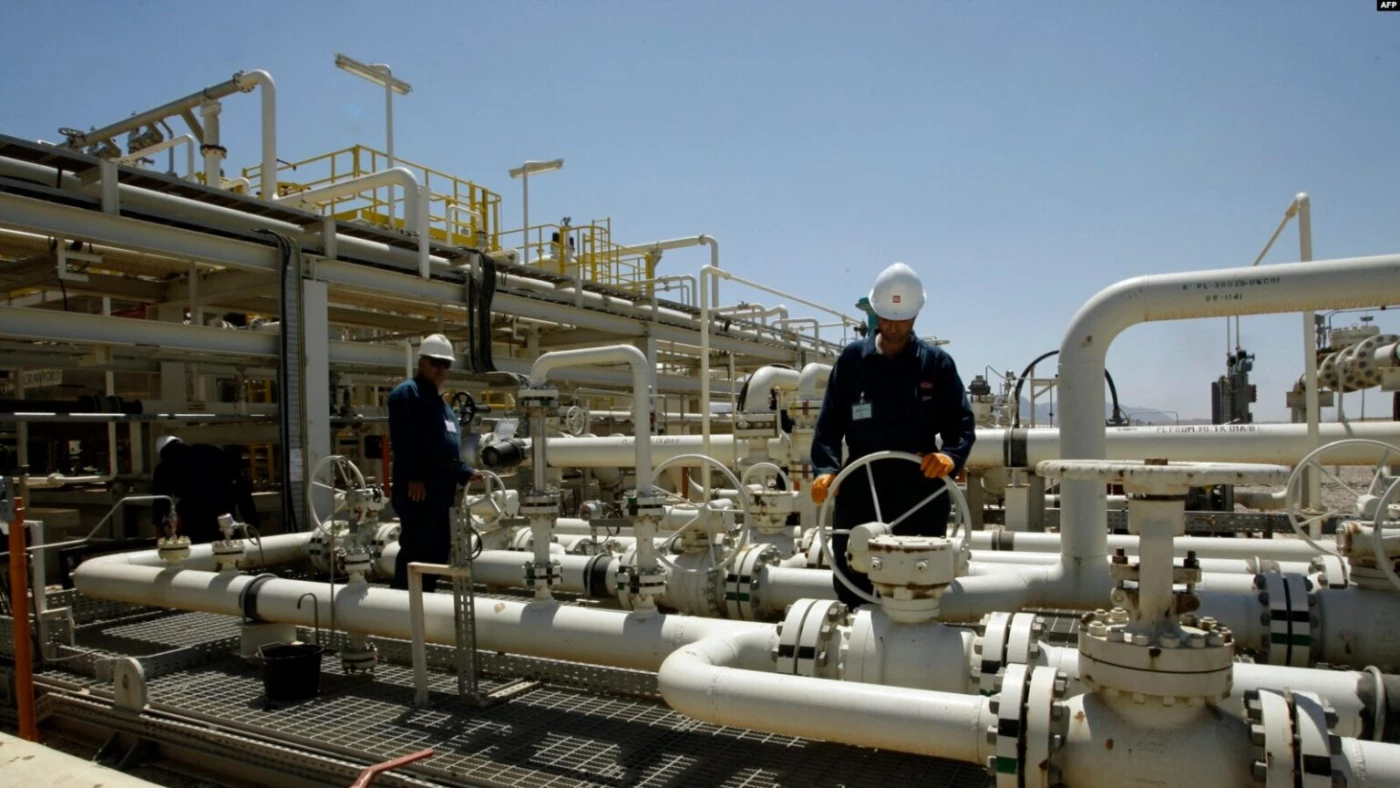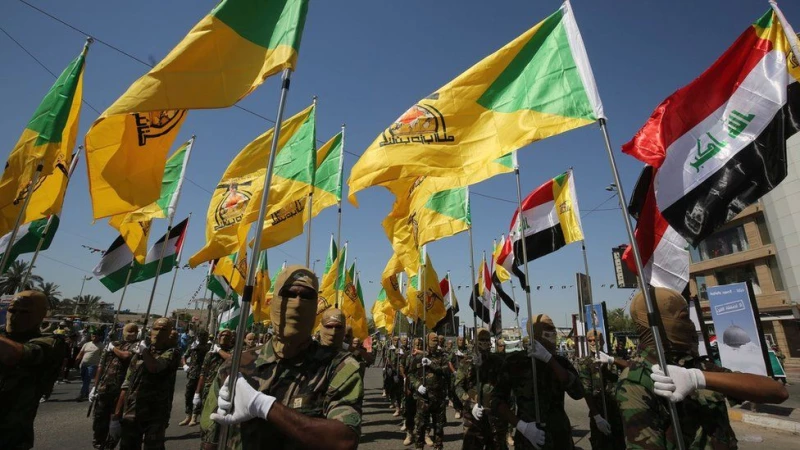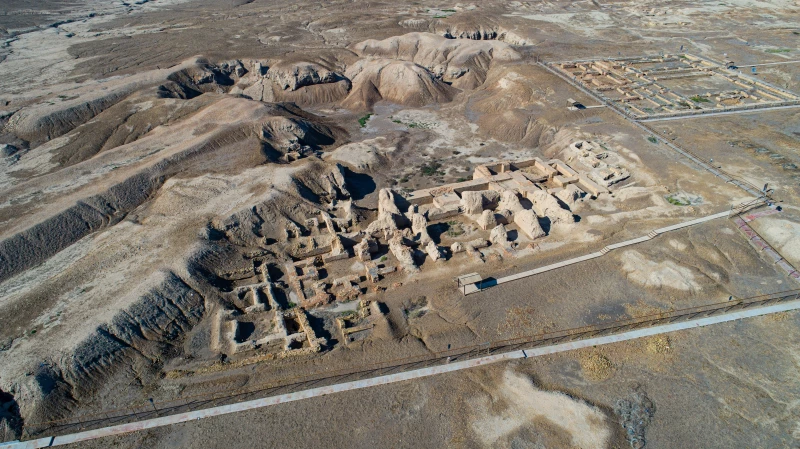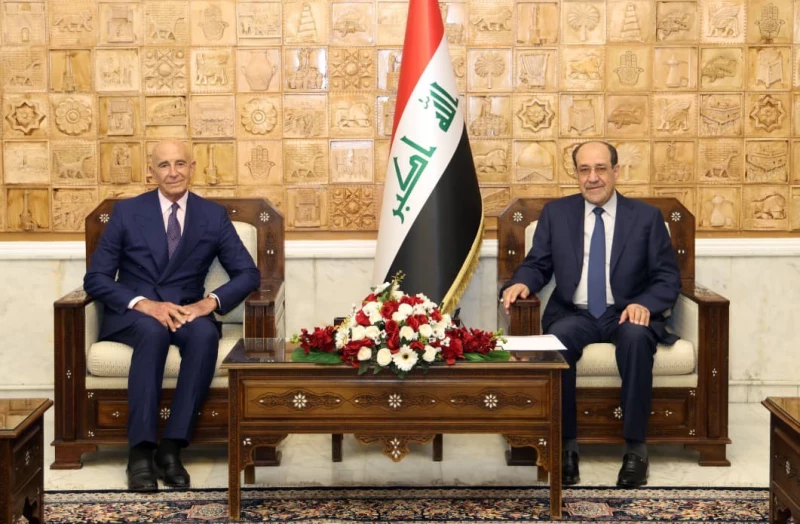ERBIL, Kurdistan Region of Iraq - The Association of the Petroleum Industry of Kurdistan (APIKUR) on Sunday called for a “redoubling of efforts” between Erbil and Baghdad to reach the agreements required for the resumption of the Kurdistan Region’s oil exports.
APIKUR added that a meeting they held on April 20 with the relevant authorities in Baghdad and Erbil to discuss the resumption of oil exports “did not result in any agreements.”
The Iraqi government "continues to publicly express the importance of oil exports through the ITP [Iraq-Turkey Pipeline], but engagements thus far have been limited and unproductive. APIKUR calls for redoubling of efforts to find mutually beneficial solutions,” the association of eight oil companies said in a statement.
It detailed that they remain "ready to immediately resume exports through ITP once binding agreements are in place that ensure payment certainty for such exports in line with each IOC’s [international oil companies] existing contractual terms and resolve all outstanding payment arrears.”
“APIKUR member companies have repeatedly proposed solutions that satisfy, both, Iraq’s Budget Law and comply with international oil company contracts, which have been validated in Iraq’s courts,” said Myles B. Caggins III, spokesman for the Association of the Petroleum Industry of Kurdistan. “We regret the lack of progress, nevertheless we will continue to push for a resumption of oil exports through the Iraq-Türkiye Pipeline.”
Exports of the Kurdistan Region’s oil through the Turkish Ceyhan pipeline, where part of Kirkuk’s oil was also exported, were halted in March 2023 after Ankara lost a case against Baghdad in a Paris-based arbitration court. The case accused Ankara of breaching a 1973 agreement by allowing Erbil to start selling oil independently of Baghdad.
Baghdad and Erbil announced in late February that they reached an agreement to resume the Kurdistan Region’s oil exports to the international market, but the process has yet to restart, with international oil producers demanding payment surety, transparent implementation of Iraq’s budget law stipulations, and resolution of payments that are in arrears before resuming the work.
In a statement in late March, APIKUR said that the IOCs, along with the Kurdistan Regional Government (KRG), have been negotiating “in good faith” with the Iraqi government to enable the resumption of the Region’s oil exports but noted that the actions of the federal oil ministry have hindered the process.
The Iraqi Parliament passed an amendment to the Federal Budget Law in early February, which obliges Baghdad to reimburse Erbil for the production and transportation cost of one barrel of oil at the average cost of production and transportation of the federal oil ministry.
The cost was previously valued at $6 per barrel, which the IOCs repeatedly criticized as being way lower than their actual expenses. According to the amendments, the IOCs would now be paid $16 per barrel in the first phase, before an independent technical consultant team is assigned to assess the extraction cost.
APIKUR has repeatedly stated that the terms of their existing contracts and the economic models within them must be respected.
The halt in exports has dealt a major blow to Iraq and the Kurdistan Region's economy, with well over $20 billion in lost revenue to date.



 Facebook
Facebook
 LinkedIn
LinkedIn
 Telegram
Telegram
 X
X


